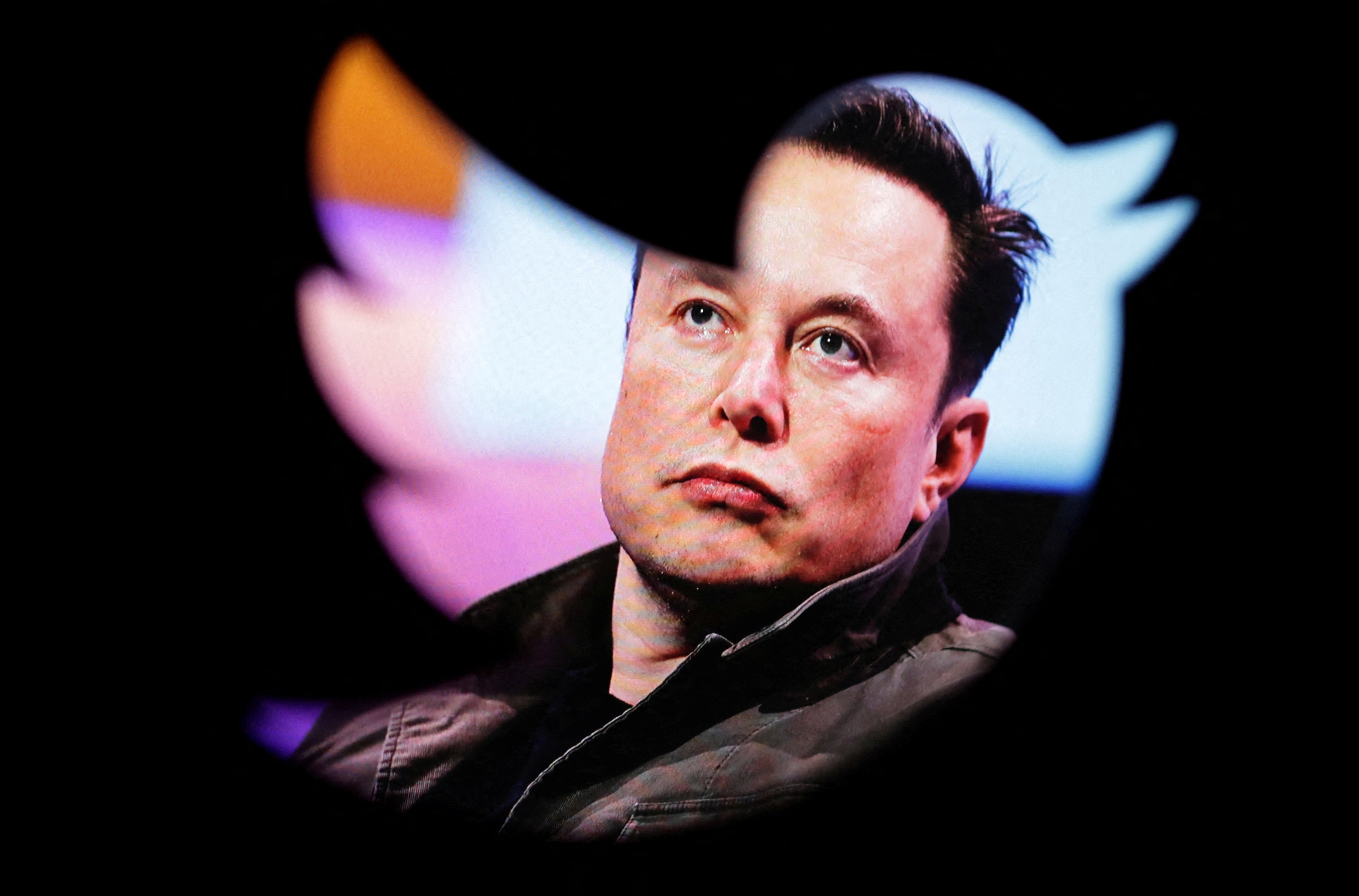In light of Elon Musk’s takeover, Westminster needs to re-evaluate its relationship with Twitter
The social media site has made the Westminster bubble less hermetic and secretive, and that can only be a good thing, writes Marie Le Conte


I always assumed I would go through all the various stages of grief once Elon Musk officially acquired Twitter. After all, the app has been my digital home for over a decade, and I could count the number of days I have stayed away from it in that time on two hands.
Musk is unpredictable and rarely benevolent; I did not want my friends and I to become the plaything of a childish, attention-seeking billionaire. Still, his first move was unexpectedly funny – at least initially.
Musk’s Twitter will soon ask users with blue ticks to start paying in order to keep their privileged status. Blue ticks have long been a bit of a joke on the app, and my first thought was: I cannot wait to see who decides to out themselves as vain enough to pay to keep theirs.
Then I remembered who else has blue ticks. Members of parliament are verified on Twitter. So are reporters, government departments, councils, and so on. These are accounts people rely on for reliable news and information. Blue ticks eventually grew to become silly status symbols but, originally, they meant that the identity of a user had been verified and could not be faked.
Assuming Musk is serious this time, what will happen to the online political sphere if no one can tell for certain who’s who? Will British taxpayers be asked to foot the bill in order to ensure that parliamentarians remain verified? What will happen next time Elon Musk has an eccentric and unworkable idea and no one can stop him?
We can be honest here: it is a “when” scenario, not an “if”. He may enjoy talking big, then not doing much, but he is occasionally true to his word, especially when he feels he can rile up the right people. It is time for those in Westminster to stop and think about what their next step will be when things get so bad they must leave.
It will be a cataclysmic change. The last intake of MPs who were elected before Twitter took over British politics got into parliament in 2010 – twelve years ago and four elections ago. There are political editors currently working on Fleet Street who weren’t even journalists when Twitter was launched.
Many, many people in SW1 have never known anything else. They have always followed hacks and MPs and commentators, used DMs to connect with potential sources or stakeholders, kept an eye on who was tweeting what to see what was really going on, and checked the app even in polite company to keep track of breaking news.
Stories have been broken thanks to Twitter, issues have left the chamber and taken on lives of their own, and careers have risen and fallen nearly entirely within the app. It would be hard to imagine what politics would look like without it, and that is a problem.
It also isn’t clear what can realistically be done. There currently isn’t an obvious replacement for everyone’s favourite hell site; alternatives such as Mastodon and Discord have been mentioned but they aren’t the same. They are private or semi-private communities, usually formed around one specific topic. This would defeat the entire purpose of open social media platforms.
To keep up to speed with all the latest opinions and comment, sign up to our free weekly Voices Dispatches newsletter by clicking here
WhatsApp now runs through Westminster’s blood, of course, but it also relies on pre-existing networks. Part of its power also comes from its symbiotic relationship with Twitter – you can get a piece of gossip from a tweet then post it to relevant WhatsApp groups, or vice versa. Without one, the other instantly becomes less attractive.
This isn’t to say Twitter’s influence on parliament has been wholly positive: MPs no longer get to take a break from it all during recess; news breaks so fast and so often that it is hard not to feel suffocated; misinformation can and will travel faster than fact-checkers can work.
There is no point pretending it has been a panacea for political discourse. Still, would we really be better off without it? Twitter has made the Westminster bubble less hermetic and secretive, and that can only be a good thing. Will the drawbridge be pulled up again if it disappears? Will anything come after it? In the meantime, what will be the red line for current Twitter users? Will we leave all at once or one by one, slowly trickling away?
There are many questions to answer, and few of them are straightforward. We should start discussing them now, before it’s too late.






Join our commenting forum
Join thought-provoking conversations, follow other Independent readers and see their replies
Comments